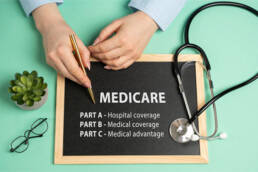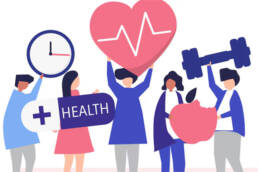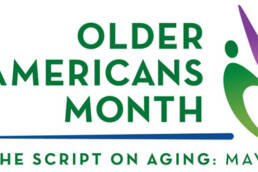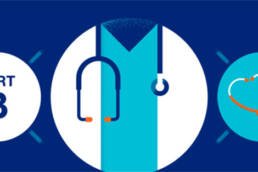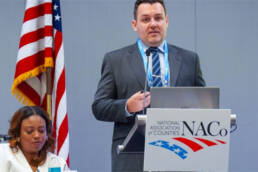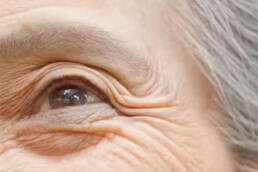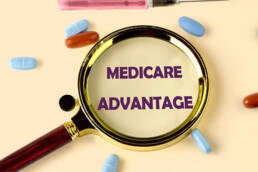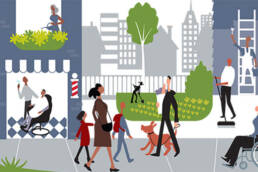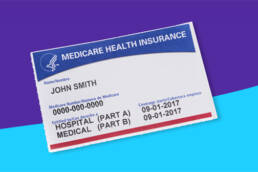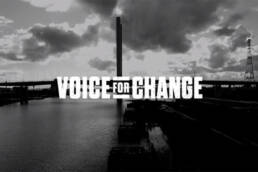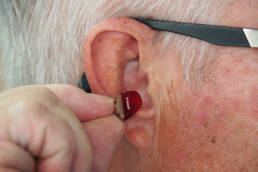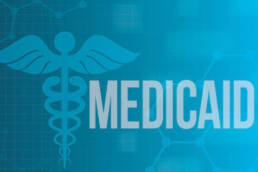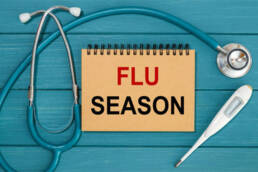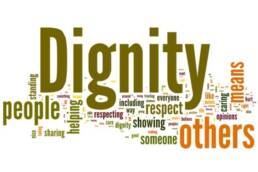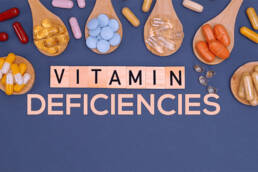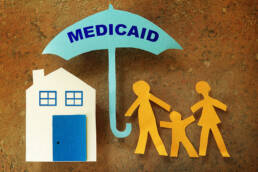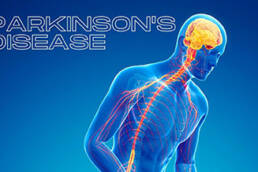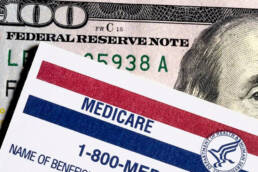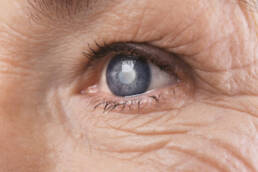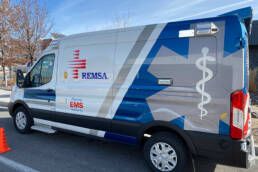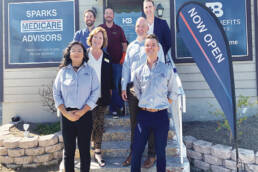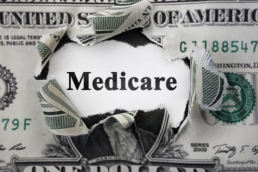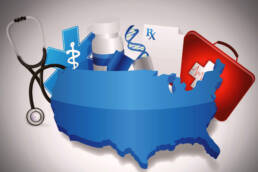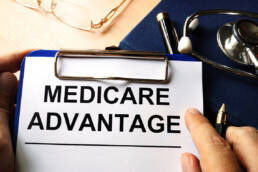Elder Medication Usage and Management
I am not a physician or a pharmacist but I hear and read a lot about elder’s medication usage. Nearly 89% of adults aged 65 and older report that they currently take prescription medicines. In comparison, 75% of 50-64 year-olds, 51% of 30-49 year-olds, and 38% of 18-29 year-olds take prescription drugs. Older adults are more likely than younger age groups to be taking multiple prescription medications. Over half of adults aged 65 and older (54%) report taking four or more prescription drugs. In contrast, only 32% of 50-64 year-olds, 13% of 30-49 year-olds, and 7% of 18-29 year-olds take four or more medications.
In addition to the complexity of medications there is an issue of affordability. Despite having prescription drug coverage through Medicare Part D, most older adults (76%) believe that the cost of prescription drugs is unreasonable. Many elders I talk to buy their medications from Canada or Mexico which is about one-third the U.S. price. Even though one-fourth of older adults who take prescription drugs find it difficult to afford their medications, with 8% describing it as very difficult, the affordability issue is ramped. In summary, older adults often juggle multiple medications, the affordability remains a significant issue. Ensuring access to necessary medications while addressing cost concerns is crucial for their well-being, especially when you hear about politicians wanting to cut Medicare.
What can we do to manage medications? Clearly elders can lower our risk of medication problems by careful attention to taking them, tracking them, and reporting any issues to our healthcare professional and/or pharmacist. A first step is to keep a list of all the medications we take. This list should include prescriptions, over-the-counter (OTC) medications, herbal remedies, vitamins, and other supplements. Remember to also list medications that are not pills, such as patches, inhalers, injections, creams, and ointments. This list should include the medication dosage and frequency of use, and what the medicines are for. Always bring the list with you to all healthcare professional visits. Include in the list any questions you have about your medicines so you can remember to ask during your appointment. When you see your healthcare provider, go over your list of medications and questions with them. This is especially important after you have been in the hospital or have seen another provider. This will help the provider know about any changes. They can also check for side effects and drug interactions.
Reading all prescription labels carefully and learning about how and when the medication should be taken, what to take or not take with the medicines (e.g., food, drink, other medicines), and what possible side effects and things to watch for with taking the medication. Tell your healthcare professional as soon as possible about any problems or side effects.
Over the counter (OTC) medications which are sold at pharmacies, grocery stores, etc. that you can buy on your own without a prescription, such as Tylenol, Allegra, or Tums, can make your condition worse, cause side effects, or may interact with other medicines making them less safe or effective. Some OTC medication labels are for younger people and do not contain warnings for elders. Be sure to ask your pharmacist about the correct dose of OTC medications for your use and be careful not to take too much.
Some regular prescribed medications also may not be safe for elders. Experts from the American Geriatrics Society have identified some medications that may not be good for elders. That is why we should avoid them or use them with caution. Identifying them is the trick, but do explore and certainly talk to your physician and pharmacist about these potentially dangerous medications. Whenever you get a new medication, ask why it’s being prescribed. Ask if it is good for your age and health problems.
As many as half of older adults don’t follow their healthcare provider’s recommendations about how to take their medications. Some issues include difficulty reading, understanding, or remembering directions on labels. The print may be too small or directions may be unclear. Also, healthcare providers do not provide enough information about the importance of taking medications properly. For example, high blood pressure or cholesterol medicines are important to take, even though the conditions often don’t have symptoms. So make it a point to talk with your pharmacist about directions when you pick up your medications.
Always talk with your medical professional and pharmacist (especially a geriatric certified pharmacist) about your medications and any possible side effects to watch for. Track possible side effects of your medications, especially when they are new or serious, and talk to your physician. I often have talked with fellow elders who tell me they dislike getting a new drug for every condition they have. Once they get the medication they then develop some side effects that lead to a new additional medication to treat the symptoms and it continues until the side effects dissipate.
During 2023, drug approvals hit an all-time high. The U.S. Food and Drug Administration approved 55 new drugs as detailed in their annual New Drug Therapy Approvals report. That is a 49% increase from the year before. Now, a lot of people would say that’s a great thing. They’ll tell you that the more drugs there are, the more lives saved. It’s true that some medications save lives. But the hard truth is that a lot of them do more harm than good. Every year, almost 3 million people in America get seriously sick from their prescription medicines and
130,000 die. That makes these Big Pharma prescriptions the third leading cause of death in our country. Educate yourself to the best of your ability and be very vigilant and aware of what medications you are taking and any symptoms that may develop so that you can manage them and “add life to years”.
Lawrence J. Weiss, Ph.D. is CEO of the Center for Healthy Aging. Dr. Weiss welcomes your comments on this column. Write to him at [email protected] or c/o Center for Healthy Aging, 11 Fillmore Way, Reno, NV 89519.





